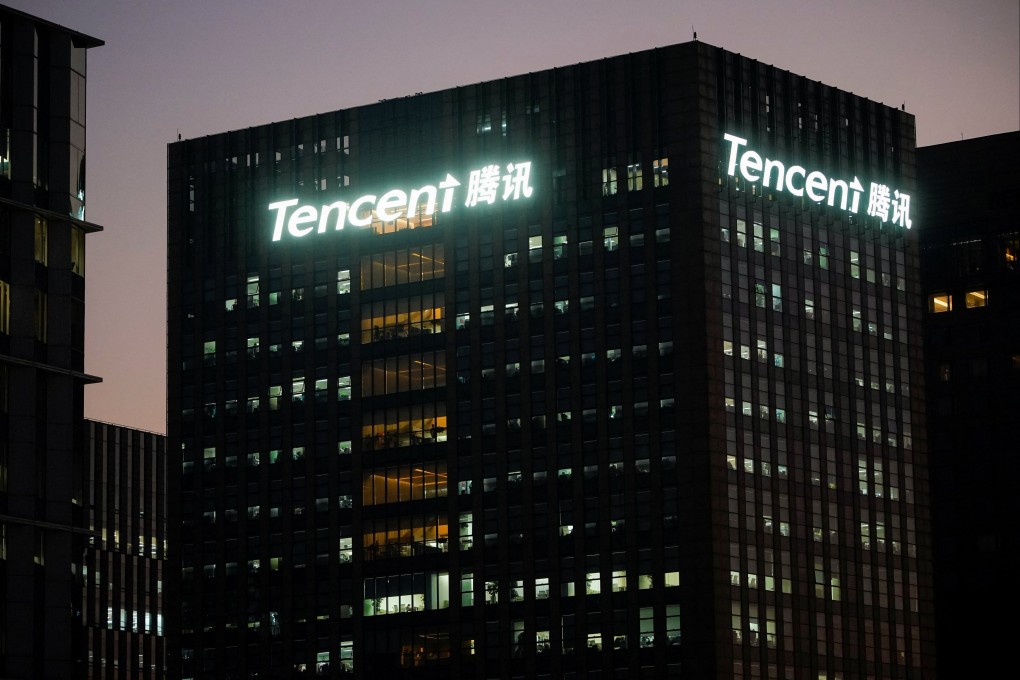Tencent divestments could signal more sales amid Big Tech crackdown as it shifts focus to new tech like the metaverse
- Tencent’s sale of Sea and JD.com stakes is raising questions about its holdings in other Big Tech firms like Pinduoduo and Meituan
- The move aligns with regulators’ antitrust crackdown, but Tencent and analysts say it also allows the company to put resources into new tech like the metaverse

The divestment has raised questions about Tencent’s sprawling investments across a wide variety of companies. These holdings amount to US$130 billion, with US$80 billion held in publicly listed companies, according to Bloomberg Intelligence analyst Matthew Kanterman, citing Bloomberg data.
The tech giant, with an empire that touches the digital lives of nearly all of China’s 1 billion internet users, remains a principal investor in Pinduoduo, holding a 15.6 per cent stake, according to the social e-commerce company’s annual report in April 2021. Tencent also owns 19.4 per cent of Meituan, according to the on-demand delivery firm’s filing for the quarter ended September.
“Sea is a relatively mature, stable and financially self-sustaining business, and doesn’t necessarily need Tencent’s expertise anymore to execute on its goals,” Kanterman said. “Plus, from the levels at which Tencent has invested, there’s a big gain. So it makes sense for Tencent to consider exiting businesses such as Sea and JD.com that check those boxes.”
“Going forward, new opportunities in enterprise software and cloud services, as well as the metaverse, will become more prevalent and focus areas for investment,” Kanterman added.
The move by tech giants to offload large stakes in areas outside their core businesses is seen by some analysts as means of appeasing regulators amid a sweeping crackdown on the tech sector that has been ongoing for more than a year. UOB Kay Hian analyst Julia Pan also noted Alibaba’s recent divestment of shares in microblogging platform Weibo.
“The move could reduce the tech giants’ influence in China’s internet industry, which complements the government’s antitrust measures,” Pan wrote in a note on Wednesday. “We expect Tencent to continue to selectively divest parts of its portfolio of listed Chinese companies and return capital to shareholders.”